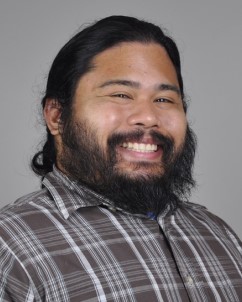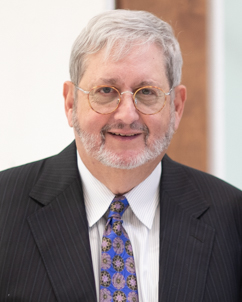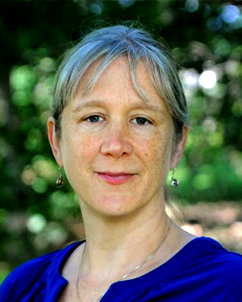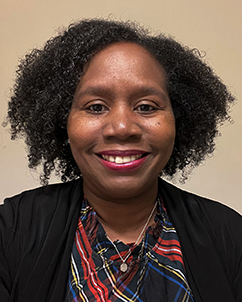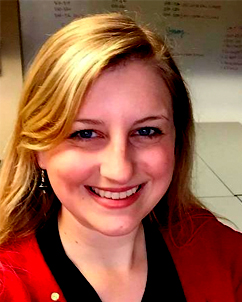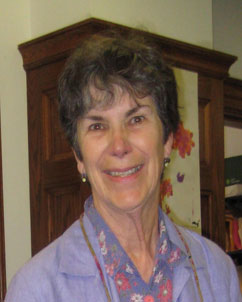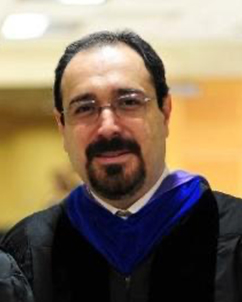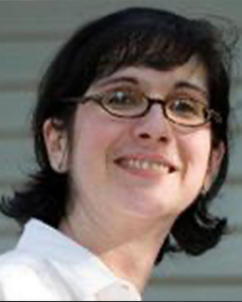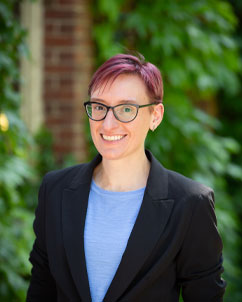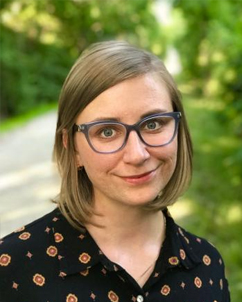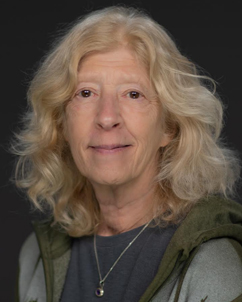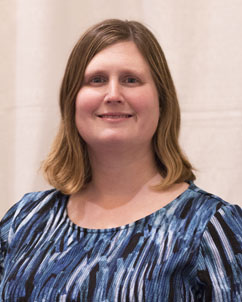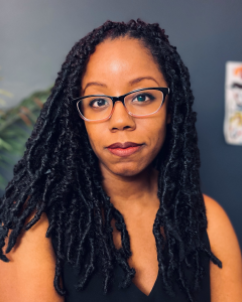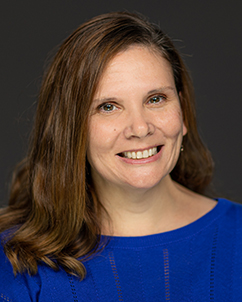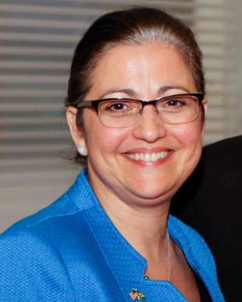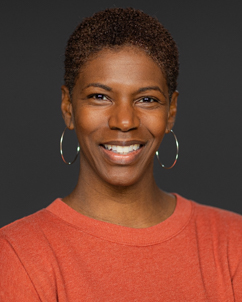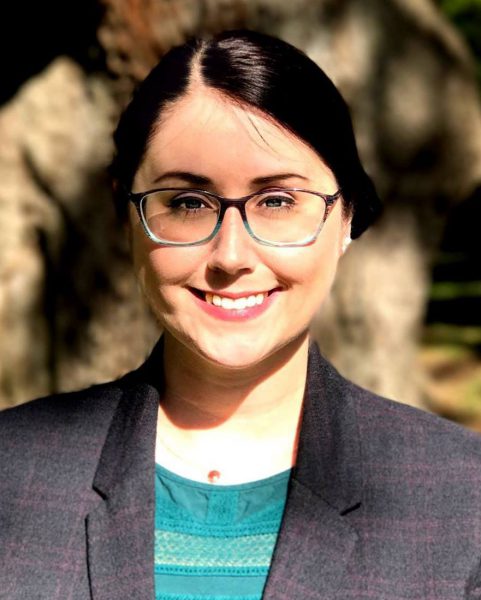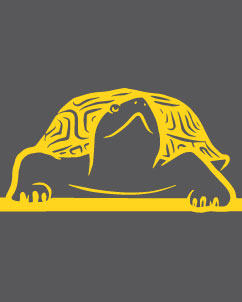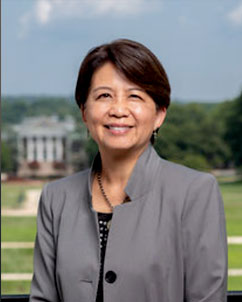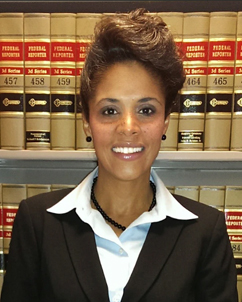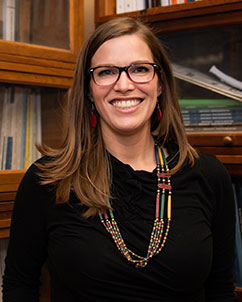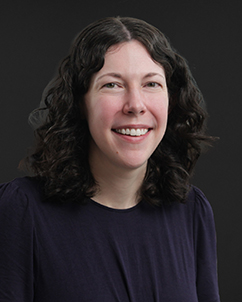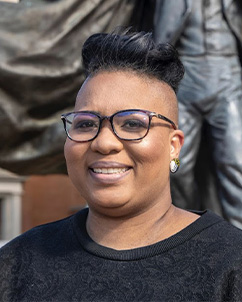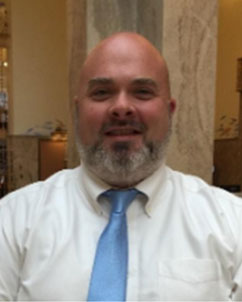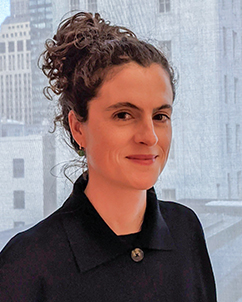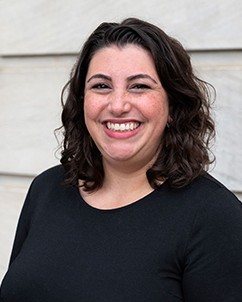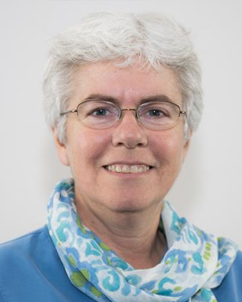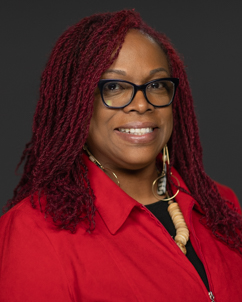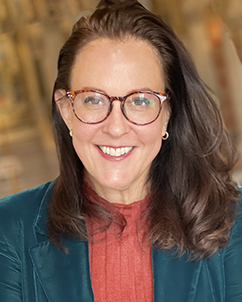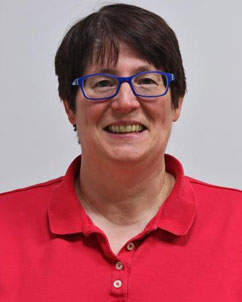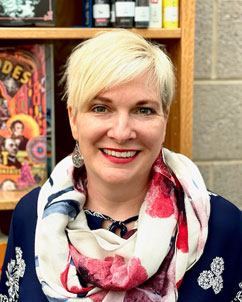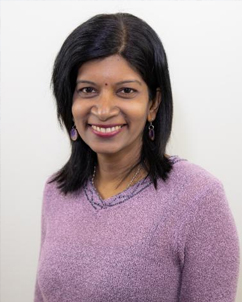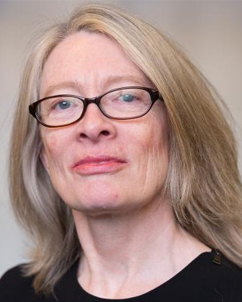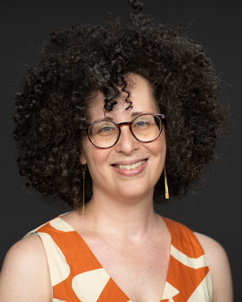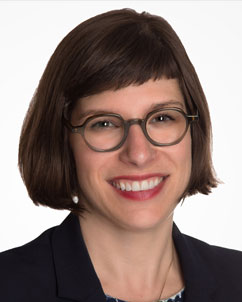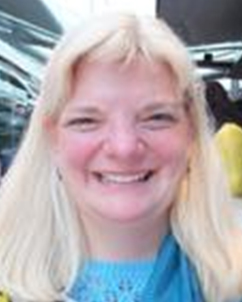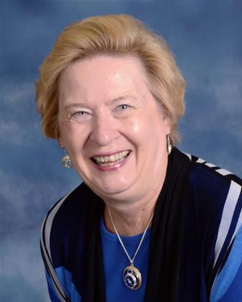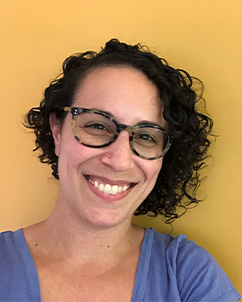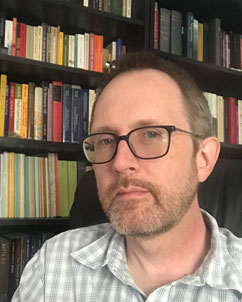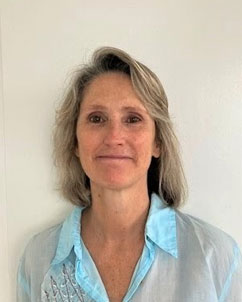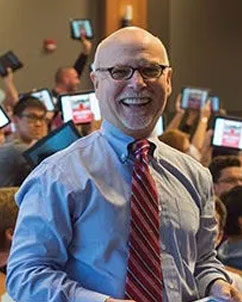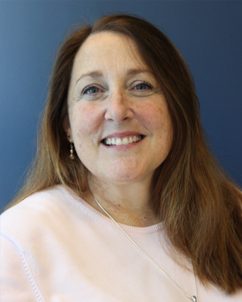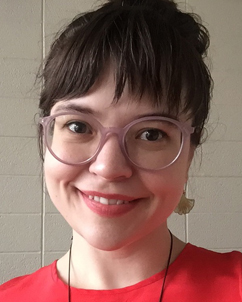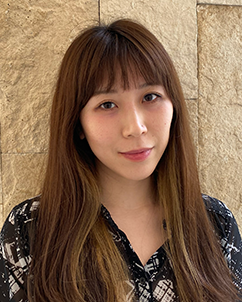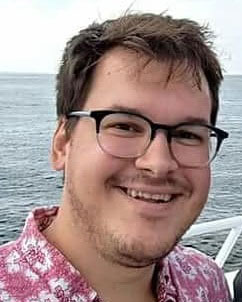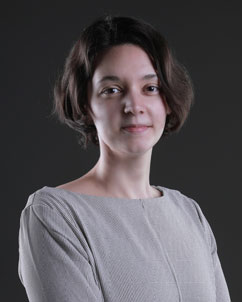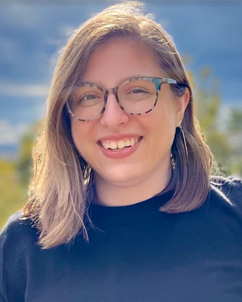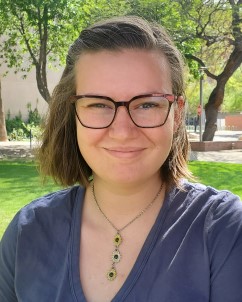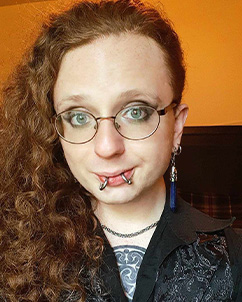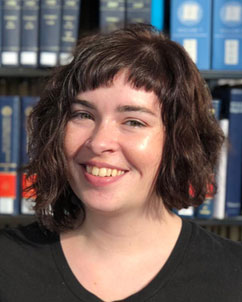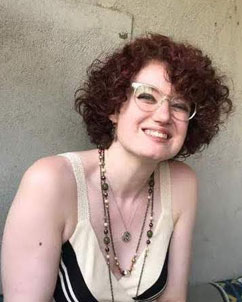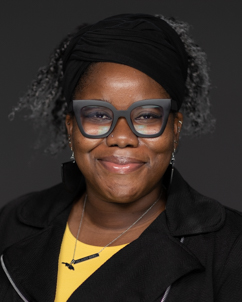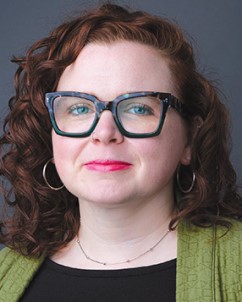Library and Information Science
Contributing groundbreaking innovation and thought-leadership to library and information science.
Research Projects
UMD INFO College Fellows Program at the National Agricultural Library
Principal Investigator(s): Katrina Fenlon
Funder: US Department of Agriculture
Research Areas: Archival Science > Digital Humanities > Library and Information Science > Youth Experience, Learning, and Digital Practices
Principal Investigator(s): Katrina Fenlon
Funder: US Department of Agriculture
Research Areas: Archival Science > Digital Humanities > Library and Information Science > Youth Experience, Learning, and Digital Practices
Ready Now: Supporting Youth and Families During Crisis
Principal Investigator(s): Mega Subramaniam Nitzan Koren
Funder: 8/1/2023 - 4/9/2025 Institute of Museum and Library Services
Research Areas: Library and Information Science
This project aims to broaden and improve the efficacy of the publication: Library Staff as Public Servants: A Field Guide for Preparing to Support Communities in Crisis.
Principal Investigator(s): Mega Subramaniam Nitzan Koren
Funder: 8/1/2023 - 4/9/2025 Institute of Museum and Library Services
Research Areas: Library and Information Science
This project aims to broaden and improve the efficacy of the publication: Library Staff as Public Servants: A Field Guide for Preparing to Support Communities in Crisis.
Investigating the Information Practices of COVID Long-Haulers
Principal Investigator(s): Beth St. Jean Twanna Hodge Jane Behre J. Nicole Miller Miranda Downey
Funder: State of MD
Research Areas: Health Informatics > Information Justice, Human Rights, and Technology Ethics > Library and Information Science
This project investigates the information needs, practices, and experiences of people who have long COVID ("COVID long-haulers") in order to learn more about their COVID-related information needs, the ways in which they have gone about fulfilling these needs, and their information-related experiences. W
Principal Investigator(s): Beth St. Jean Twanna Hodge Jane Behre J. Nicole Miller Miranda Downey
Funder: State of MD
Research Areas: Health Informatics > Information Justice, Human Rights, and Technology Ethics > Library and Information Science
This project investigates the information needs, practices, and experiences of people who have long COVID ("COVID long-haulers") in order to learn more about their COVID-related information needs, the ways in which they have gone about fulfilling these needs, and their information-related experiences. W
Faculty
Recent News

Soeren - stock.adobe.com
Preserving Science Through Storytelling: MLIS Student Supports Audiovisual History at the Niels Bohr Library & Archives
MLIS student Jamila Hinds helps preserve and inventory decades of STEM media at NBLA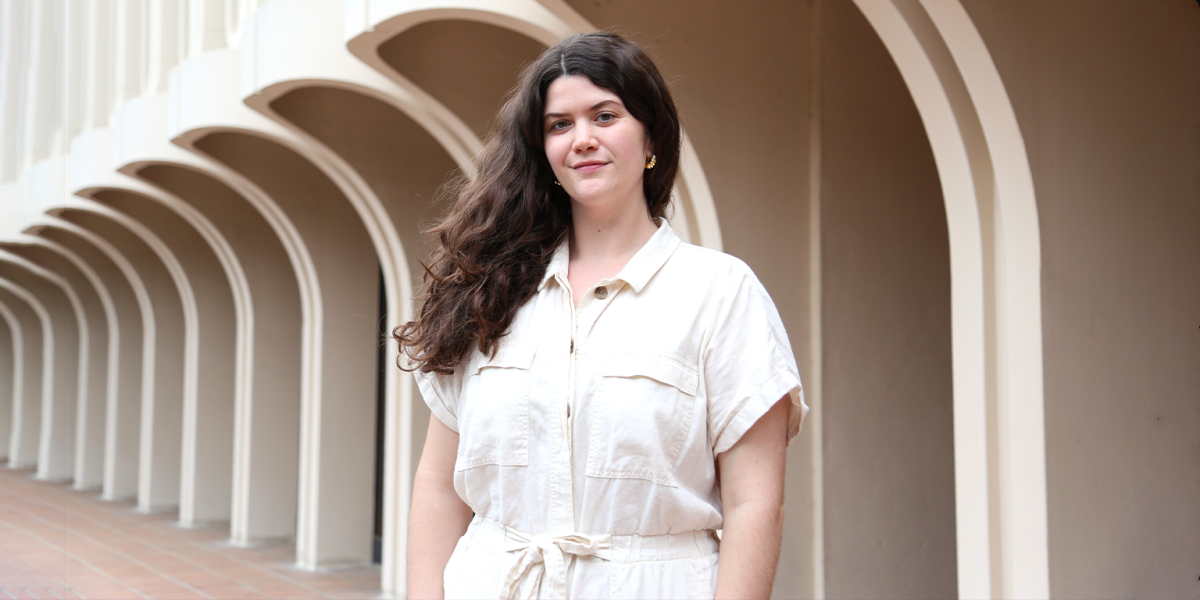
Anastasia Armendariz, MLIS '22
Alumni Profile: A Career in Preserving the Past, Inspiring the Future
A profile of MLIS alum Anastasia Armendariz
Katie Baron InfoSci ’25. Photo by Riley N. Sims.

